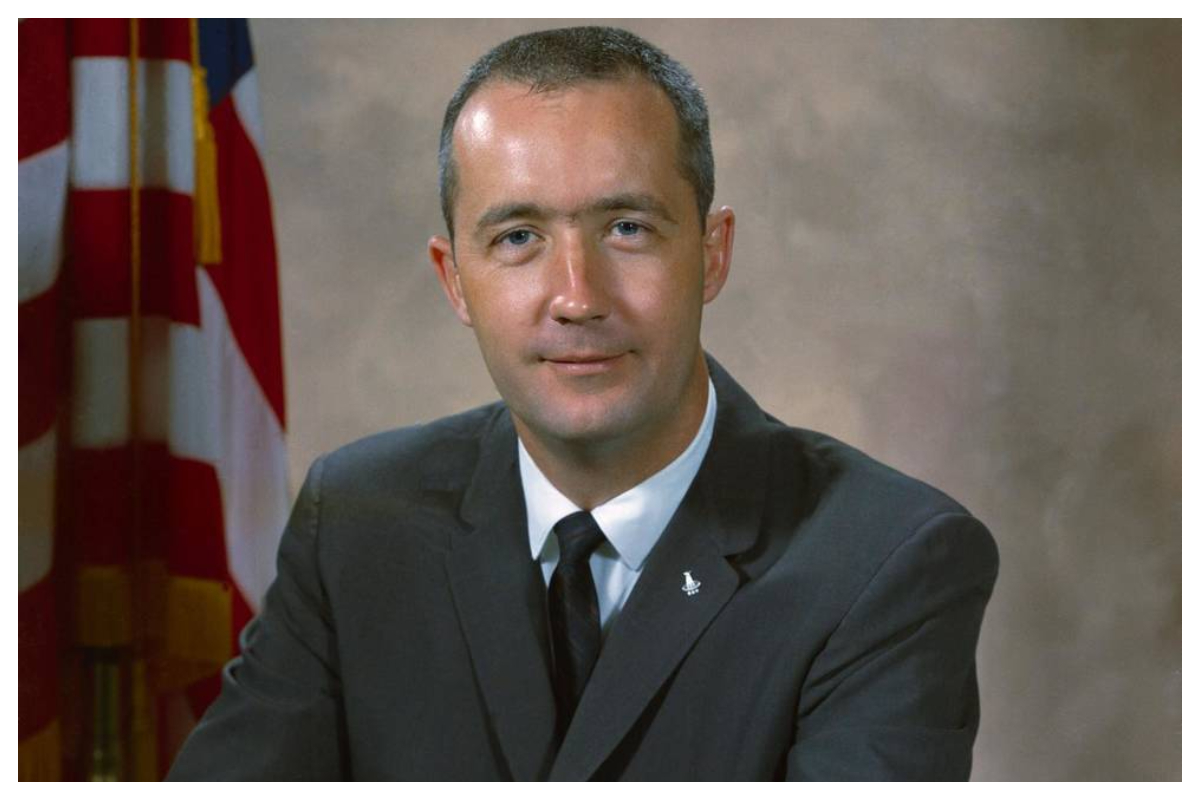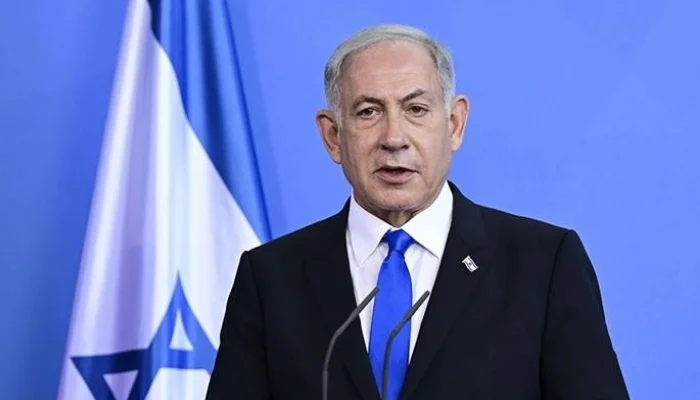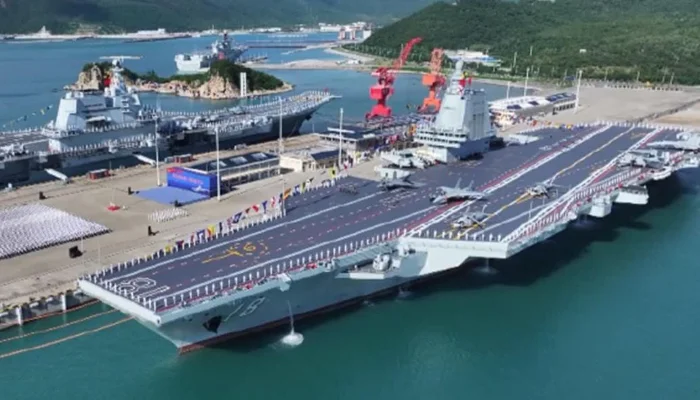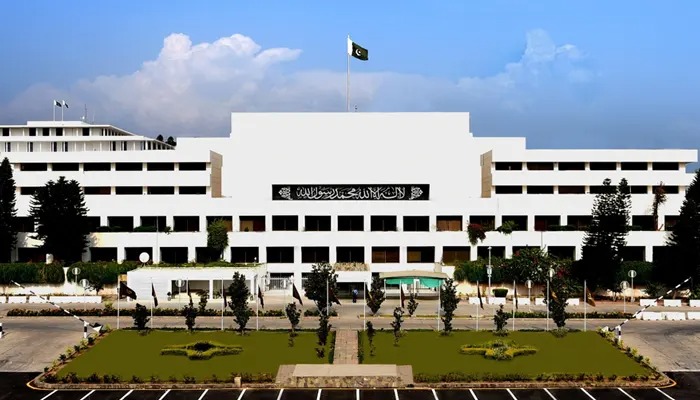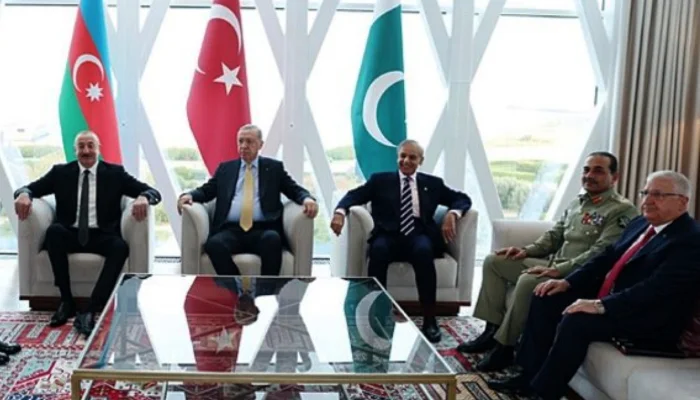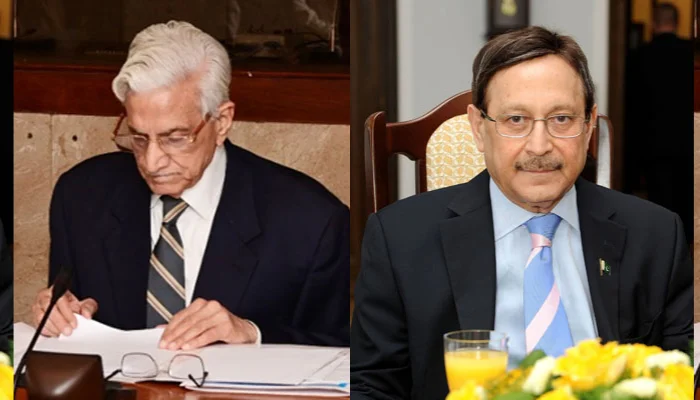- Gemini IV and Apollo 9 commander James A. McDivitt died Oct. 13.
- 93.Chicago-born McDivitt He graduated first in his class from Kalamazoo Central High School in 1959 and got a B.S. in Aeronautical Engineering from Michigan.
- Brigadier General in 1951.
Gemini IV and Apollo 9 commander James A. McDivitt died Oct. 13. Tucson’s McDivitt died quietly. 93.
Chicago-born McDivitt He graduated first in his class from Kalamazoo Central High School in 1959 and got a B.S. in Aeronautical Engineering from Michigan.
Brigadier General in 1951. He flew 145 Korean War F-80/F-86 combat missions. After graduation from the U.S. Air Force Experimental Test Pilot School and Aerospace Research Pilot school, he flew experimentally at Edwards Air Force Base, California. Piloted over 5,000 hours.
NASA’s second astronaut class chose McDivitt in September 1962.
He launched Gemini IV in June 1965. McDivitt and Air Force pilot Ed White flew the program’s most ambitious flight. Gemini IV’s first American spacewalker was White. It enabled Apollo astronauts reach the Moon and create the International Space Station. The 34-hour Mercury 9 mission was the longest American spaceflight before the four-day excursion.
Apollo 9’s second trip under McDivitt’s command helped land humans on the Moon. This was the first Lunar Module and Apollo hardware flight. Commander James McDivitt, Command Module Pilot David Scott, and Lunar Module Pilot Russell Schweickart launched from Kennedy Space Center on March 3, 1969. Apollo 9 entered Earth orbit and the crew tested the first crewed lunar module, nicknamed “Spider,” from start to finish. They simulated lunar mission manoeuvres. The astronauts flew the command and service module and lunar module. The command and service module and lunar module rendezvous and docking were the prime priorities. The crew prepared the lunar module for McDivitt and Schweickart’s spacewalk. The Apollo 9 capsule re-entered Earth’s atmosphere and splashed down in the Atlantic Ocean about 341 miles north of Puerto Rico on Flight Day 10, March 13, 1969.
McDivitt spent 14+ days in space.
After Apollo 9, he managed lunar landing procedures and led a team that planned and modified the spacecraft for lunar exploration. He managed the Apollo Spacecraft Program from August 1969 to Apollo 16.
McDivitt departed from NASA and the Air Force in June 1972 to become Consumers Power Company’s executive vice-president, corporate affairs. He became executive vice-president and director of Pullman, Inc. in March 1975. He became president of Pullman Standard’s Railcar Division in October 1975 and later oversaw leasing, engineering, and construction. Senior vice president, government operations, Rockwell International Corporation, Washington, D.C.
Two NASA Distinguished Service Medals and the NASA Exceptional Service Medal were among his honors. He received two Air Force Distinguished Service Medals, four Distinguished Flying Crosses, five Air Medals, and Astronaut Wings. McDivitt received the South Korean Chong Moo Medal, the U.S. Air Force Systems Command Aerospace Primus Award, the Arnold Air Society JFK Trophy, the Sword of Loyola, and the Michigan Wolverine Frontiersman Award.
[embedpost slug=”nasa-plans-to-conduct-artemis-second-moon-test-flight/”]

